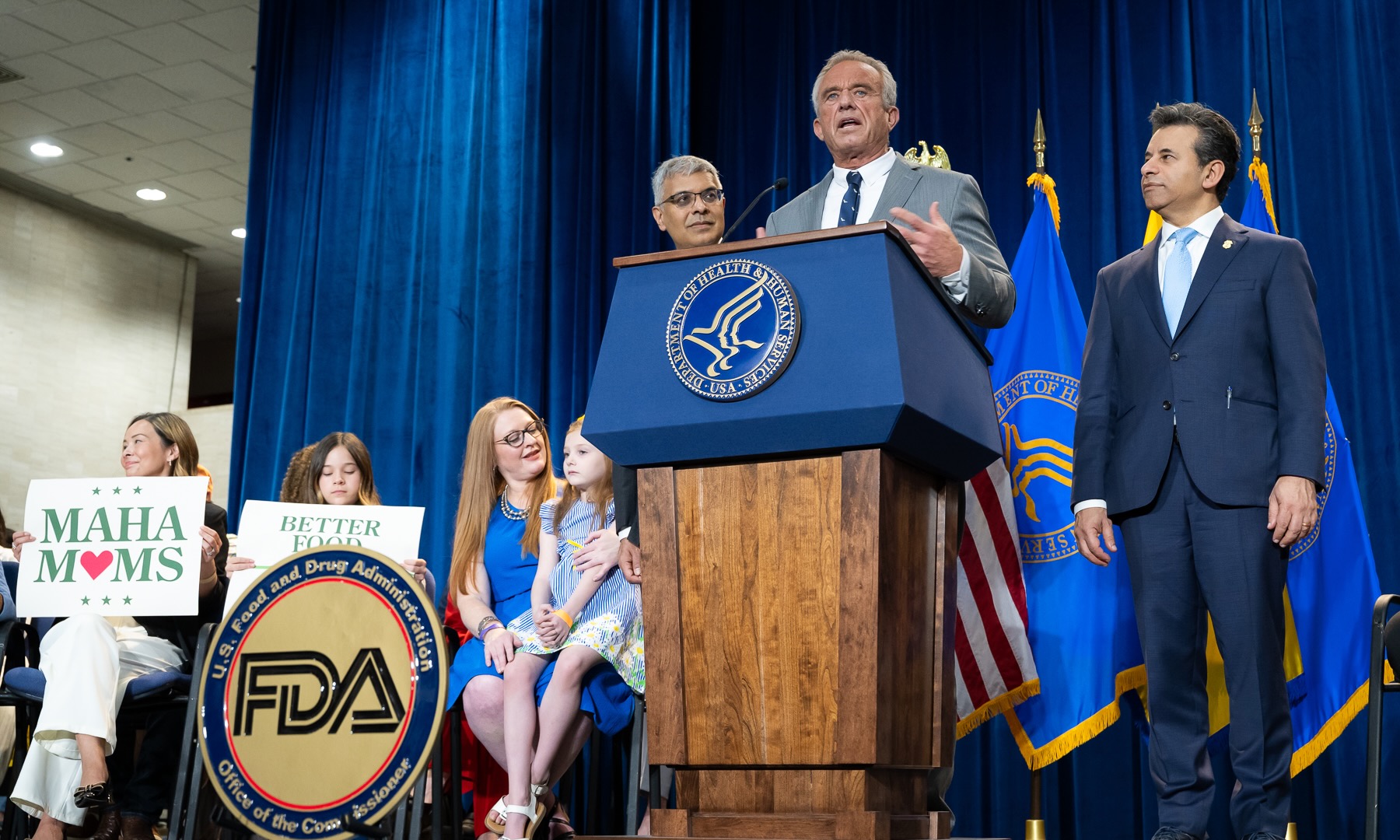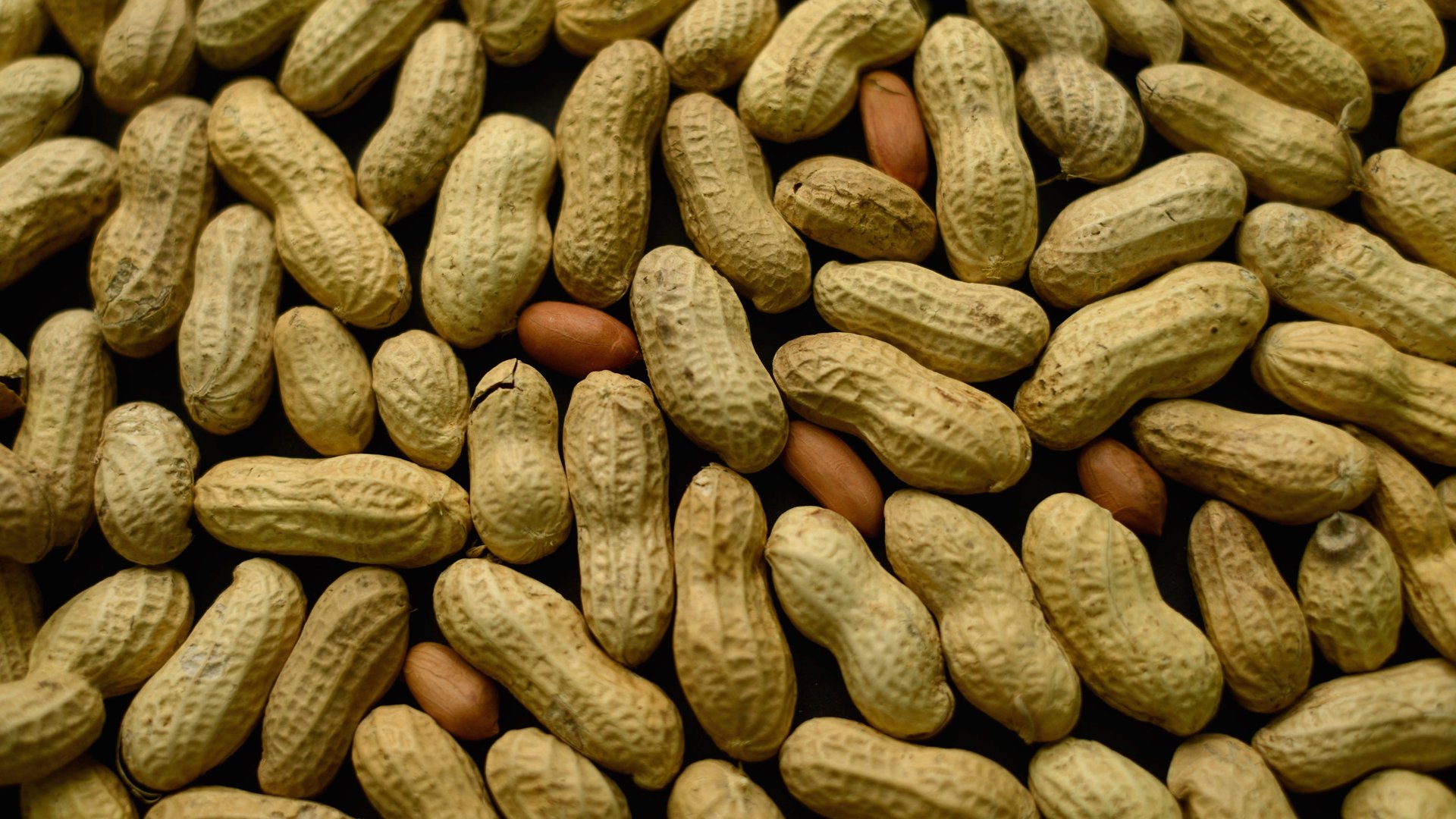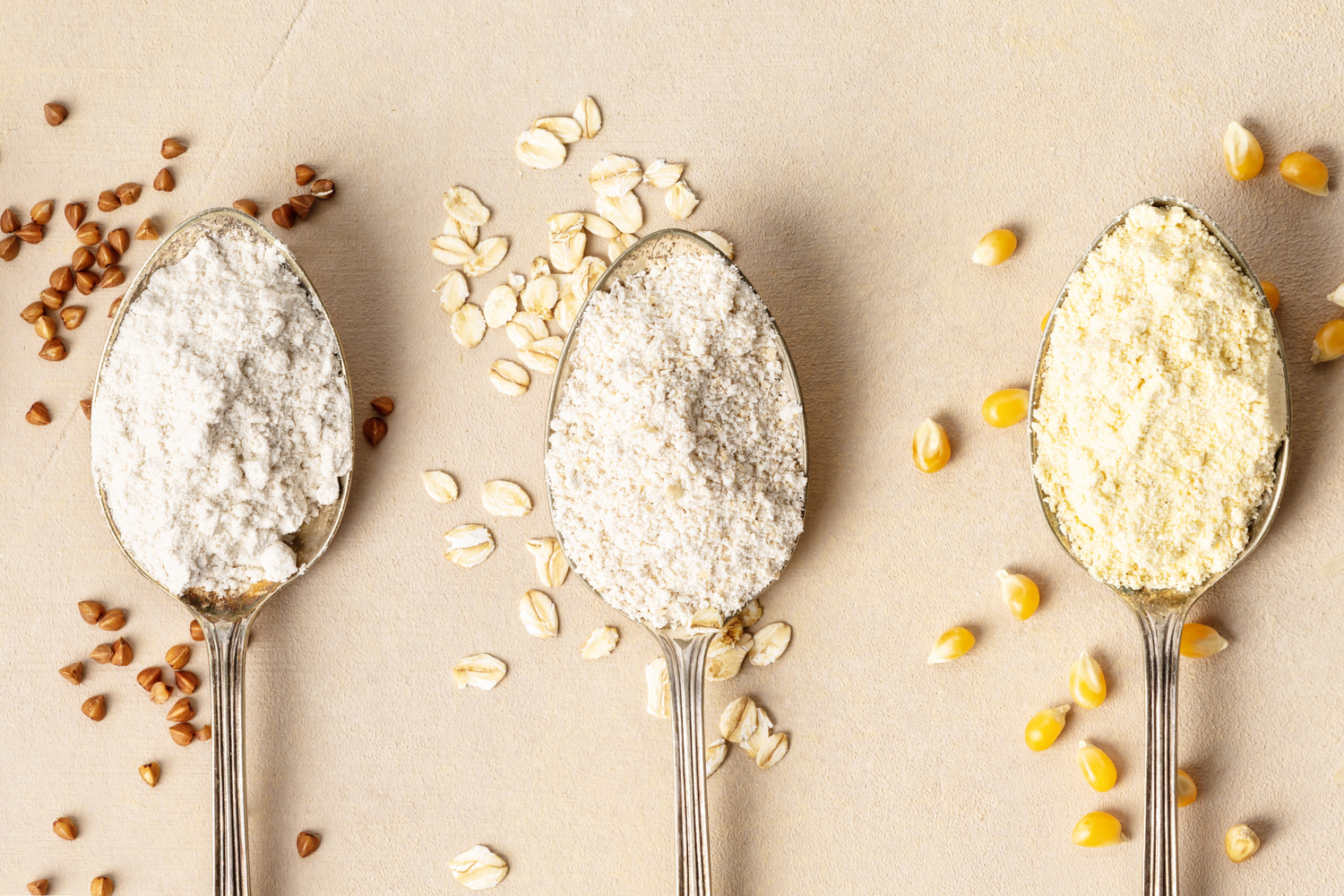Exploring Meditation: A Path to Better Mental Health
Meditation is a mental practice involving focused attention, awareness, and presence, designed to cultivate mental clarity and emotional calmness. The origins of meditation date back thousands of years, rooted in ancient spiritual traditions such as Hinduism, Buddhism, and Taoism. Over centuries, meditation has evolved, gradually becoming secular and widely accepted in modern psychological and clinical settings.Modern definitions emphasize meditation as a systematic technique, usually involving the regulation of attention. This typically includes focusing on a single object, thought, sensation, or the process of observing thoughts and feelings non-judgmentally. There are various forms of meditation, including mindfulness meditation, transcendental meditation, loving-kindness…






